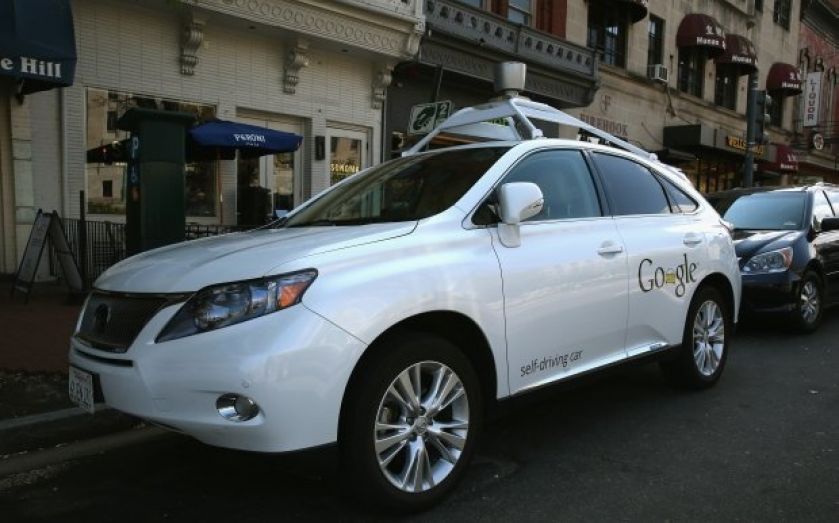This new technology could give you 4pc of your life back

In Mountain View, California, Google's top dogs are working on what could be one of the most important labour-saving devices of the century.
Speaking to The Atlantic Cities, Google's Chris Urmson says that the typical American now spend 52 minutes of each day commuting.
That's four per cent of the average American's lifetime – "If I could give you four per cent more life, you'd take it," says Urmson.
He's charged with leading the team behind Google's fleet of self-driving cars. And these are a bit more advanced than the 100 vehicles headed for Milton Keynes' streets in 2015.
Cars haven't really moved on much since the 19th century – they're still contraptions by and large on four wheels, with a steering wheel and someone behind it. Google are finally disrupting that setup, and if they can get all the boxes ticked, we could be saying goodbye to the driving test by the 2030s, if not sooner. If the dream is successful, then driving will be relegated to the status of hobby, a skill as necessary as that of caligraphy.
The Automotive Council's Milton Keynes project will see self-driving pods operate on separate lanes at speeds of up to 12mph. Google's devices already seem more accomplished. The Lexus vehicles go faster – at least as far as speed limits will allow. Google's AI drivers are better behaved than their human counterparts.
Self-driving cars tend not to make mistakes, and all play by the same rules – which means they have a much better error rate than the traditional driver. Urmson notes that 33,000 die each year on US roads, globally, the WHO estimates that 1.24m die annually. Adoption of driverless vehicles makes drunk driving a thing of the past – who cares if you're inebriated when you're not at the wheel?
We can also hope to see less congestion, as self-driving units can "platoon" together, forming tightly packed convoys and using less space on the road. Human drivers don't have the reaction times or the skill required to move while in such close proximity.
None of this is to say that driverless cars won't be without opposition. Taxi drivers certainly have strong incentives to oppose their adoption, as they face being replaced by swarms of cars that can be ordered to your location via a mobile app.
One of Google's latest investments – in car-rental service Uber – might give a clue as to where this is all going. By 2050 it's not even clear that we'll need our own cars at all. Jjust take out your smartphone, and book an autonomous car. Then sit back, and enjoy the ride.